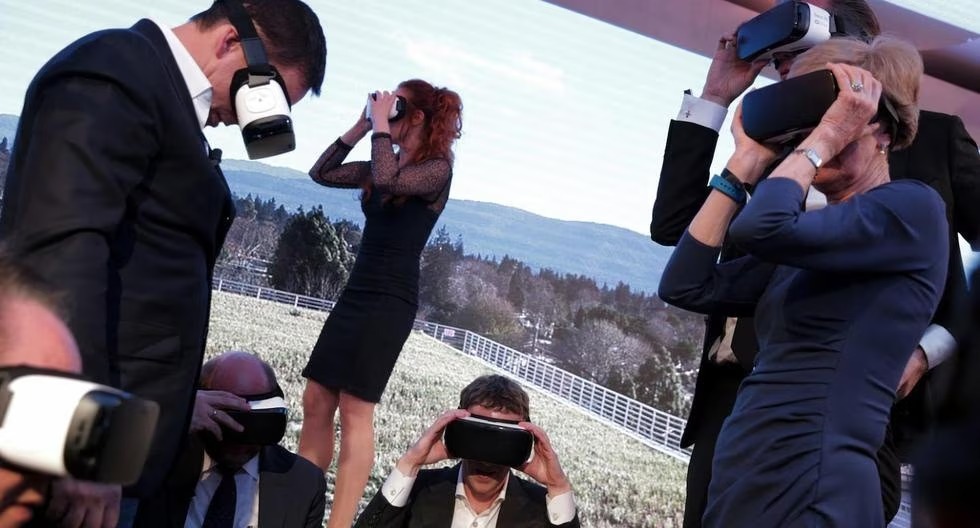For first time, Colombia judge authorizes hearing of court case in the Metaverse
“The eyeglasses will make you think that one is inside it [the courtroom], interacting with all its elements,” Judge Quiñones Triana is quoted to have said.

Following the recent use of AI chatbot, ChatGPT to draft a court ruling, a Colombian Magistrate on Tuesday authorized the first hearing of a case in the Metaverse - where participants would be using virtual reality headsets.
Magistrate María Victoria Quiñones Triana of the country’s Administrative Court of Magdalena granted the petition of a Colombian transportation company to hold the hearing on February 15 in the Metaverse, reports Law.com International and Impactotic.
According to the publication, the judge instructed participants to configure their respective avatars — their virtual characters — and to secure Oculus Quest 2 eyeglasses before the hearing.
“The eyeglasses will make you think that one is inside it [the courtroom], interacting with all its elements,” Judge Quiñones Triana is quoted to have said.
To begin the trial, participants are made to enter a verification code to prove their identities before engaging and are entitled to breaks every 25 minutes.
“In the event, any participant should run into technical problems, she said they would be able to connect to the hearing via a standard video call. In addition, those without access to virtual reality eyeglasses should be able to participate via video call,” LAW.COM reported.
The magistrate is further said to have consulted ChatGPT on whether to allow the hearing take place in the Metaverse, on mechanisms to verify the authenticity of the participants and also asking it questions such as: “What is an avatar?”
The AI's response was to require a combination of usernames, passwords, digital signature, a code sent via text message, make use of facial recognition and verify identity through personal documents.
The decision of the court according to reports is enabled by legislation passed in 2022, known as Ley 2213, which precisely establishes that information technology could be used to speed up judicial decisions in the country.
In article 103, it sets out that, “all judicial actions must seek the use of information and communication technologies in order to facilitate and expedite access to justice, as well as expand its coverage. Legal proceedings may be carried out through data messages.”
But the decision has had some law scholars concerned over the practicality of testing new technologies in the courtroom.
“I have two concerns with this case. First, I am deeply worried that judges and magistrates consult ChatGPT as if it were an oracle that offers reliable answers that do not need to be contrasted with other sources.
Second, I wonder what are the implications of holding hearings in a metaverse in terms of access to justice when these environments require hardware and software that in practice few people have and/or know how to use,” Juan David Gutiérrez Rodríguez, a Colombian lawyer who teaches public policy courses at the Universidad del Rosario in Bogotá wrote on LinkedIn.


